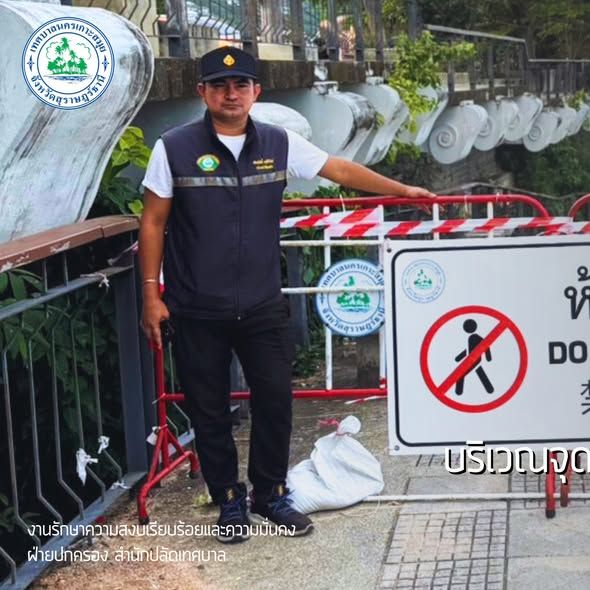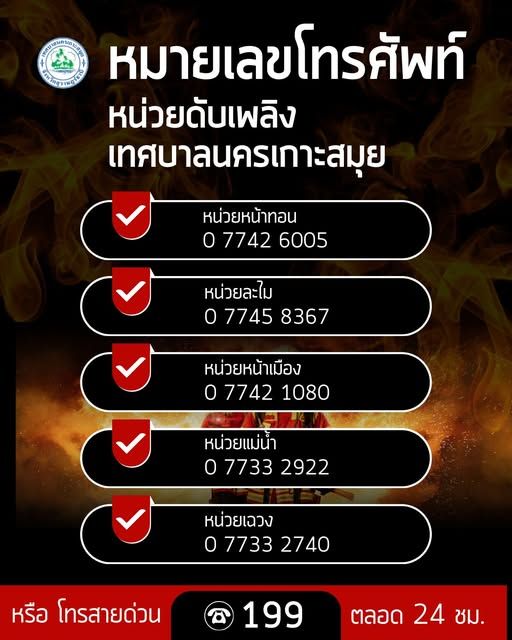E-Cigarettes as a Gateway Drug
A recent study conducted by the Research Centre for Social and Business Development (SAB) highlighted that most parents and educators agree that the government should continue the current ban on the import and sale of e-cigarettes. The primary reason cited for supporting the ban is the potential health risks associated with e-cigarettes. The study revealed that 91% of the 5,582 respondents supported the continuation of the ban to limit young people’s exposure to smoking. Furthermore, 80% believed that e-cigarettes could act as a gateway to illicit drugs.
Survey Demographics and Awareness
The survey included 4,087 parents of students from upper primary to high schools, alongside teachers and school administrators. The results indicated that 80% of respondents were aware of the health impacts of smoking e-cigarettes. This awareness level demonstrates a strong understanding of the potential dangers associated with e-cigarette use among young people.
Recommendations to the Government
Assistant Professor Dr. Vijj Kasemsap, director of the Tobacco Control Research and Knowledge Management Centre (TRC), suggested several measures to the government for keeping young people safe from e-cigarettes. Key recommendations include the collaboration of ministers from public health, commerce, finance, and the consumer protection commission to maintain the ban on importing and selling e-cigarettes.
Enforcement and Education
Dr. Vijj also emphasized the importance of enforcement by the Royal Thai Police and local administrative agencies, as e-cigarettes are commonly sold in shops, tourist-heavy areas, and online platforms. Additionally, he proposed awareness programs involving parents, teachers, and the media to educate people about misleading marketing tactics targeting young customers. Incorporating information about e-cigarette harms and marketing strategies in school curricula was another recommendation made by Dr. Vijj.
Encouraging Mental Immunity
Niwat Nakawet, president of the Congress of Parents and Teachers in Thailand (CPTT), believes that encouraging families to denounce e-cigarettes would help build “mental immunity” in children. This approach emphasizes the development of strong values in young people to resist e-cigarettes and other potentially harmful substances.
Support from Educational and Medical Organizations
Chana Summat, director of the Ministry of Education’s Safety Centre, confirmed the ministry’s support for suppressing e-cigarettes in educational establishments. Somsak Lolekha, president of The Royal College of Paediatricians of Thailand, also expressed support for the e-cigarette ban.
Overall, the study findings and expert opinions emphasize the importance of maintaining the e-cigarette ban, enforcing regulations, and educating young people about the potential dangers associated with e-cigarette use. –ar 3:2




